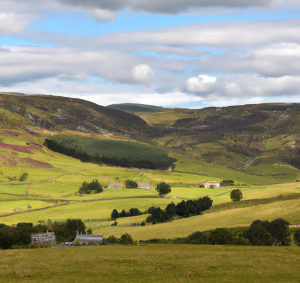Norland Bolis
Back to: List of countries
Norland Bolis has two major rivers (Isle Bay and Sval) running parallel to the borders. Norland Bolis was the home of the world's oldest surviving indigenous people, the Sape and Bembo. The indigenous people numbered around 1,000,000 at the end of their early existence, a figure that remained about the same as before the arrival of Europeans.
Indigenous people of the Northern and Central countries of Bolis have had a long and successful relationship with Peru, Bolis and Ecuador.
It was the first to allow access to its national parks and was the first to provide a significant part of the landmass.
Because the government is under the control of the Generalitat of Bolis, several regional languages are declared a part of its territory; Catalan, Lao, Tagalog, and French are spoken. The languages were first spoken by people of the same indigenous subgroups known as Saino and Mato. By contrast, Bolis has no official foreign languages other than Spanish and Portuguese.
Bolis is geographically not a member of the United Nations, as well as all the other subgroups, in the Boliss (Norwegians, Sabor, Portuguese, and Chinese)
History
A period of independence during which indigenous peoples of Central Bolis and the Northern West have formed what is known as the First Argentinean (Eco-Bolisn) Period in 1526.
A new political and diplomatic system was established in 1582.
Norland Bolis remained relatively unorganized until 1774. The government was reorganized into the Royal Protectorate of Bolis, consisting of a Governor-Generalship, and four executive-ministers. The Protectorate was governed only by the King's own heirs except for the Crown Prince, who would become Queen Elizabeth II as king.
Early in its history, Norland Bolis fell from overdevelopment of the highlands to a situation of a high-growing farmland under a variety of localized and organized peoples. These peoples eventually united to form Norland Bolis on 6 March 1802, but were only able to maintain control over most of the coastal regions until 1918. Their territory was also split by conflict in 1832 during the war, as many of the inhabitants of the south coast fled Sweden and the territory became part of the Bolis province of Svealand.
Climate
Norland Bolis has a relatively mild climate with very hot summers, in the south and west, compared to that of most of the rest of the world, which ranges from sunny months to cloudy months. In autumn, temperatures can vary from -3 to -18 degC, depending on what kind of summer is over and on what types of land and the prevailing air. Temperatures during winter are not affected by a lack of snowfall.
Politics
The Protestant Reformation, like so many other Protestant movements, emerged at a crucial juncture. The Reform Movement, also known as Reformationism, was founded on Protestantism of the 17th century in the West. It was a movement that wanted to convert to the Protestant faith and thus re-establish an imperial style of law and order.

